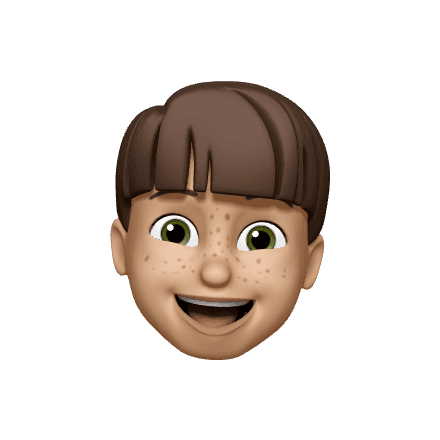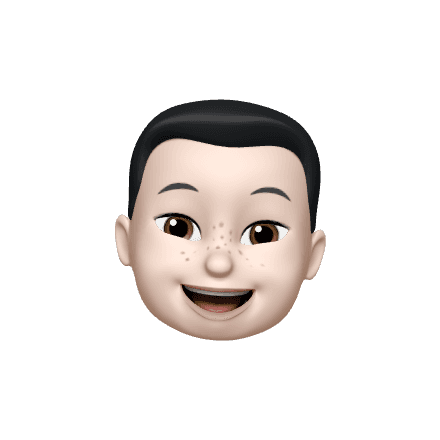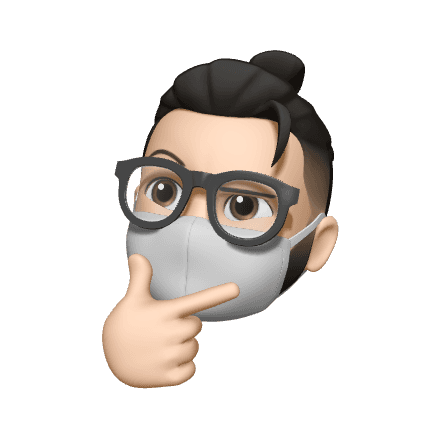The
Nike & SNKRS
APP

Research
UX Research Case Study
Role: Researcher
Duration: 3 months
The Nike and SNKRS apps represent two prominent e-commerce platforms offering Nike sneakers and athletic wear.
While the Nike app provides a traditional e-commerce experience, the SNKRS app focuses more on interactive experiences.
Research Goal ✅
With Nike's sales dropping year over year since 2022, the primary objective of this usability test was to determine if the decline in sales is linked to user satisfaction and experience with the Nike and SNKRS apps.
Study Design 🗒️
Recruiting:
Participants were recruited through personal contacts, with interest groups as a secondary option. Given the limited resources and time constraints, personal contacts provided the most efficient recruitment method.
Task Design:
Tasks were designed to engage participants realistically and avoid superficial task completion. Each group was given a scenario and three tasks to solve that were relevant to their app’s context.
Participant Demographic
Group 1

Users with prior online
sneaker purchasing experience



Age: 18-30
Student, Tech, Fashion
Group 2

Users with previous
e-commerce experience



Age: 18-30
Students
Usability Test Summary
Test 1: SNKRS APP
100%
completion rate
on Task 1
66%
completion rate
on Task 2
66%
completion rate
on Task 3
Participants had mixed experiences with the SNKRS app. While Participants 1 and 2 had similar outcomes, Participant 3, a new user, struggled with tasks 2 and 3.
Helpful Findings: The "Upcoming" section was useful, but the "Notify Me" feature was challenging for less experienced users.
Problems: Participant 3 found it unclear why personal information was needed before the sneakers dropped, and there was no guide explaining the steps.
Summary: The app has a learning curve due to a lack of guidance on task necessity. Users familiar with the app found tasks easier to understand.
Test 2: NIKE APP
1m 18sec
average time
on Task 1
27 sec
average time
on Task 2
1m 11sec
average time
on Task 3
All participants completed tasks on the Nike app, but completion times varied significantly. Task 1 averaged 1 minute 18 seconds, with a range from 27 seconds to much longer, reflecting diverse shopping preferences.
Helpful Findings: Participants liked the filters and categories but found the excessive scrolling frustrating.
Issues: Different payment methods impacted completion times. Future tests should standardize payment methods.
Summary: The Nike app’s e-commerce focus resulted in highly variable data due to differing shopping habits, making conclusions difficult. Its generalized design also caused cognitive issues, such as excessive items and scrolling before participants could find what they needed.
Recommendations
NIKE App
Redesign Home Page
Emphasize the home page as a central hub rather than a ad space
Severity
Improve Category Design
Enhance category filtering
to minimize scrolling
Severity
SNKRS App
Reduce Text Length
Shorten product descriptions to reduce cognitive load
Severity
Redesign Product Cards
Include release dates on product cards to reduce unnecessary clicks
Severity
Conclusion
Lessons
Make Onboarding Easy
First-time users need clear guidance. Simplify the onboarding process to help newcomers navigate complex app designs without frustration.
Personalize the Experience
Users want recommendations tailored to their preferences. Adding personalized features can make the app feel more engaging and satisfying.
Joys
Highlight Practical Features
Users loved the "Upcoming" section in SNKRS and the filters in the Nike app. Well-designed features like these enhance the overall experience.
Keep Navigation Simple
The Nike app’s easy-to-use filters and categories were a hit, showing that users appreciate a straightforward and efficient way to browse.
Pains
Juggling Multiple Apps
Testing just one app is challenging, but managing two with different interactive experiences was a real-time sink. It paid off in the end though.
Resisting the Urge to Help
It was tough not to step in when participants asked for help during the test, but holding back ensured the results were more accurate and real.